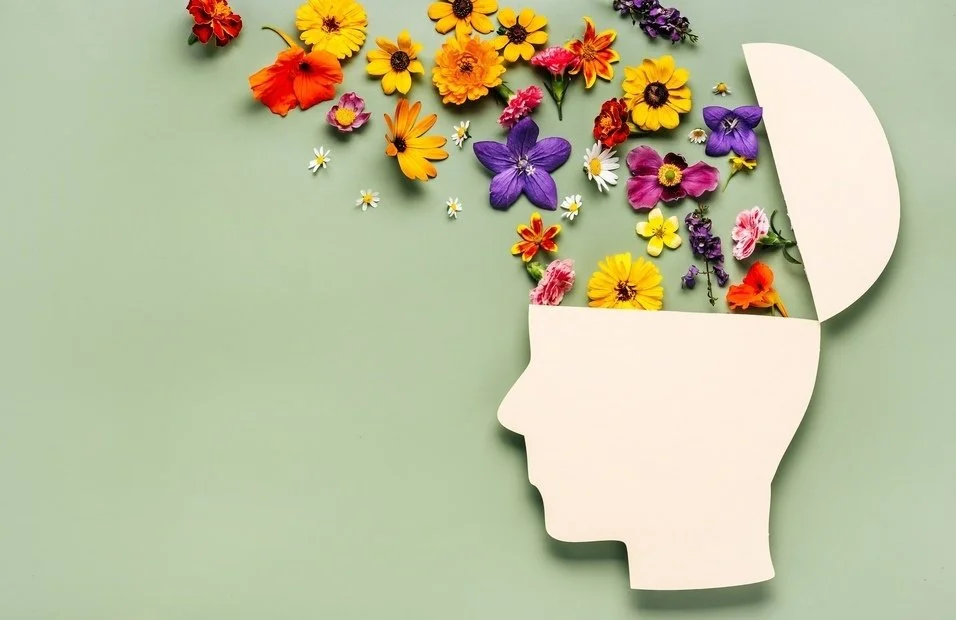How Infertility Can Affect Your Mental Health
April 18-24 is National Infertility Awareness Week. Did you know infertility is a common struggle that 10-15% of couples experience? Infertility is difficult for many reasons, and it can often take a toll on mental health. Read on for more information on how infertility can affect your mental health.
Psychological effects of infertility
Infertility is a disease that can affect a person’s physical, emotional, spiritual, financial, and sexual facets of their life. It has been associated with depression, anxiety, a sense of loss and uncertainty, and other mental health issues. There are countless medical decisions involved with infertility as well that can cause distress. Some of the mental health challenges and issues encountered when faced with infertility include grief, cycles of emotional distress, ruined expectations, stigma, and shame.
Grief
Women and men may both feel a sense of loss quite deeply when dealing with infertility. Many women and some men say it is the most upsetting period of their life. Some couples and individuals may feel abandoned by God or their faith due to infertility. The loss of financial stability due to medical treatments can be a source of grief as well.
Cycles of heartache
Often with each monthly cycle comes a cycle of emotions including hope, betrayal, anger, and sadness. Individuals and couples dealing with anxiety face stress when hearing of friends and family’s pregnancy announcements, birth announcements, or even simply seeing a pregnant person. Furthermore, rounds of hormone therapy can impact women’s mood, sleep, and sex drive.
Expectations
Many women and men have dreamed, planned, or expected to have children. Infertility feels like those dreams and plans are taken away from you. Your expectations for your future and your family are crushed. Ruined expectations can lead to negative and pessimistic thinking. It can also lead to feelings of frustration, loss of hope, feelings of disappointment and feelings of resentment.
Stigma
Common stigmas associated with infertility involve women being blamed more for infertility than men. It may also involve the idea that couples can “just adopt” if they can’t get pregnant. Stigmas toward a woman’s age when dealing with infertility are common as well. Also, women of color are more likely to deal with infertility. Additionally, women of color may have pain or medical concerns that are not taken as seriously or may even be ignored by medical professions. Many cultures of color place a lot of value on the role of motherhood. When a woman of color struggles with infertility, she may lack support from her family, since they expect her to be naturally strong and fertile.
Shame
For couples dealing with infertility, sex can become associated with shame, failure, isolation, and frustration. Before infertility, it was often a valuable way to connect emotionally. The loss of spontaneity associated with having sex can be difficult for many couples. Shame may also manifest for women and men as they experience feelings of incompetence or unworthiness related to infertility. They may feel it is their fault, rather than a common disease.
Coping with infertility
Have you noticed some of the following symptoms over a long period of time?
Loss of interest or pleasure in normal activities
Depression that lasts longer than two weeks
Relationship difficulties including isolation
Anxiety and increased anxiety
Finding it hard to concentrate or get tasks done
Insomnia or excessive sleep
Ongoing feelings of guilt, worthlessness, negativity, and anger
Thoughts of death, self-harm, or suicide
If so, then you may benefit from psychological treatment. This type of treatment could include cognitive behavioral therapy or psychotherapy. Treatment can also include learning relaxation techniques, acceptance and commitment therapy, support groups, or medication to reduce anxiety or depression.
If you are experiencing suicidal thoughts, consult a doctor immediately or seek help at the closest emergency room. National Suicide Prevention Lifeline – 800-273-TALK (8255)
Therapy can assist individuals and couples in coping with changes involved with infertility, including emotional and physical changes. Other areas therapy can help with is dealing with partner’s reactions, finding other options for building a family, and coping with stress, depression, and anxiety. In therapy, you can learn how to process grief, distress, and overwhelming emotions related to infertility. You can also learn and develop new coping and communication skills. Support groups can also provide a sense of connection and camaraderie with those who may be familiar with what you’re going through. Additionally, if you are having difficulty making medical decisions or deciding between treatment options, talking to a therapist can help you and your partner decide what would be best for you and explore related feelings.
Are you looking for more support? Please reach out to us. Our team of therapists is here to provide support and guidance. We look forward to connecting with you.






